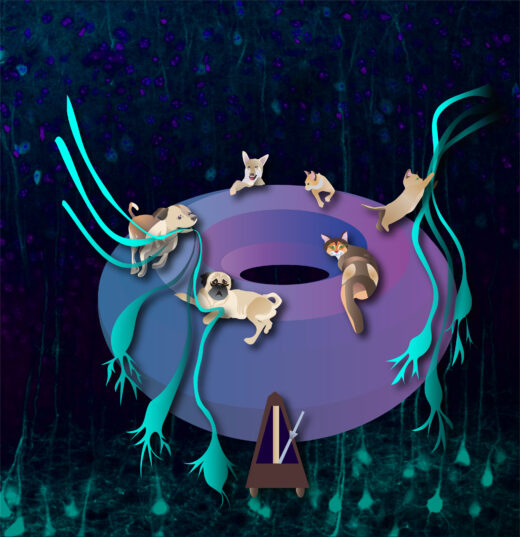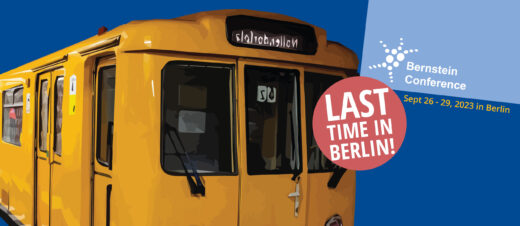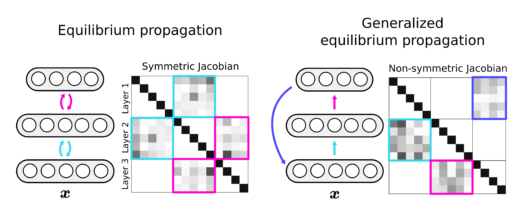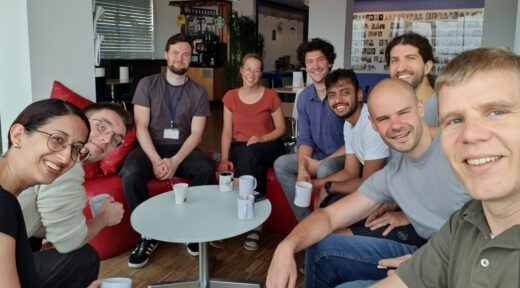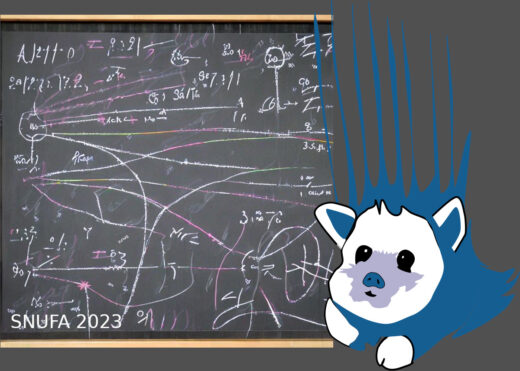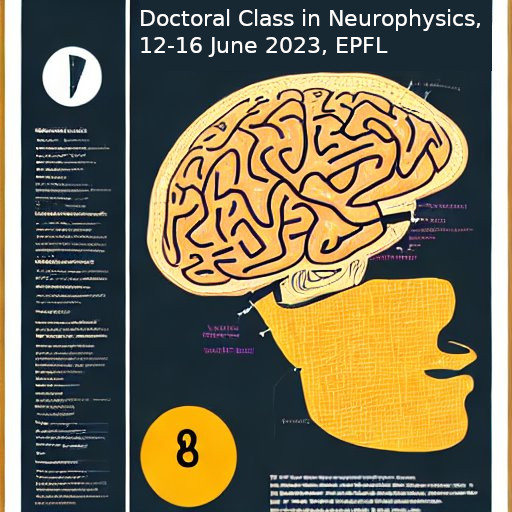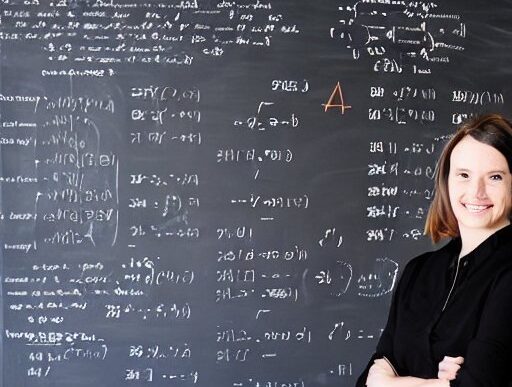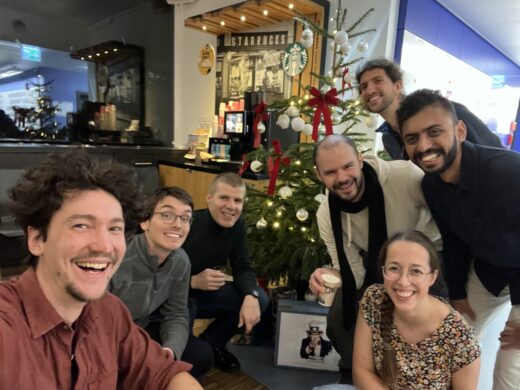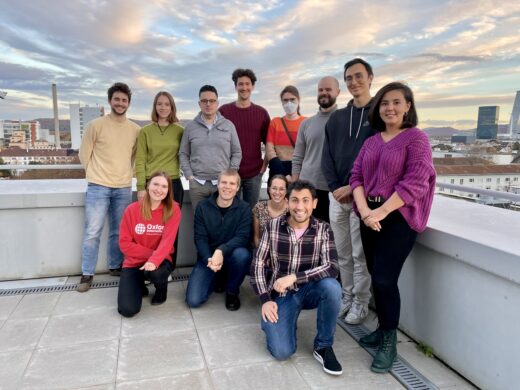Our paper “The combination of Hebbian and predictive plasticity learns invariant object representations in deep sensory networks” is now published in Nature Neuroscience. https://www.nature.com/articles/s41593-023-01460-y Sensory networks in our brain represent environmental objects as points onContinue reading
Author: fzenke
Bernstein Conference 2023
Our lab is present at the Bernstein Conference in Berlin. Come and find us at the following posters: II 313: A comparative analysis of spiking network training with surrogate gradients and likelihood-based approaches Gygax J &Continue reading
New preprint: Improving equilibrium propagation without weight symmetry
I am happy to announce our new preprint on “Improving equilibrium propagation (EP) without weight symmetry through Jacobian homeostasis,” led by Axel. https://arxiv.org/abs/2309.02214 EP prescribes a local learning rule and uses recurrent dynamics for creditContinue reading
Welcome Atena and Mattias
The lab grows. We are all thrilled about the recent arrival of our new lab members: Atena and Mattias. Welcome! Glad to have you on board 🙂
SNUFA 2023
For all spiking neural network lovers out there, make sure to block November 7-8 in your agenda and submit a 300-word abstract to SNUFA 2023: https://snufa.net/2023 Invited speakers this year include: In previous years weContinue reading
Doctoral Class in Neurophysics
Professor Wulfram Gerstner and Professor Sahand Rahi at EPFL are co-organizing a class in neurophysics for doctoral students this year at EPFL. Friedemann will teach a set of lectures/tutorials on dynamic mean field theory inContinue reading
Swiss Computational Neuroscience Retreat 2023
After last year’s success, we repeated the Swiss Computational Neuroscience Retreat this year. The retreat attracted community members from Basel, Bern, Geneva, Lausanne, and Zurich, who convened for an intensive three-day event filled with talksContinue reading
We are looking for a post-doc
Update 22.06.2023: This position has been filled. Join our neurotheory outfit at the FMI in Basel as a post-doctoral researcher. Position available immediately or for starting later in 2023. Topics of interest include See www.zenkelab.orgContinue reading
Happy holiday greetings
The Zenke Lab extends our warmest wishes for a happy holiday season and a wonderful New Year. We hope you will enjoy this time of year to spend time with family and friends and forContinue reading
Basel Comp Neuro Mini Symposium
This year, members from three comp neuro groups in Basel from the Biozentrum, FMI, and IOB braved the elements (and localized COVID outbreaks) to get together for an afternoon of scientific talks given by studentsContinue reading
